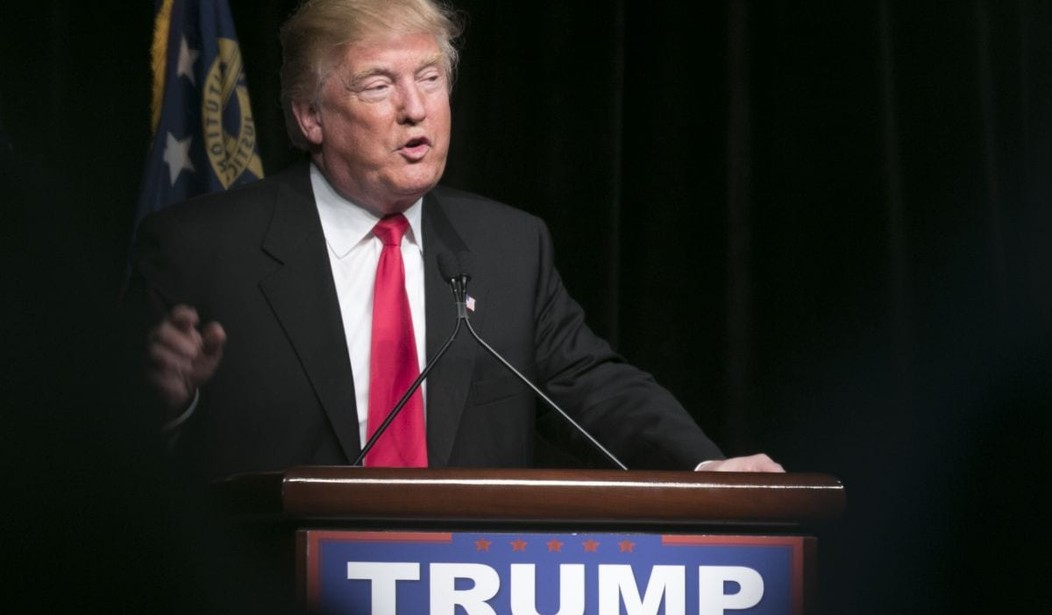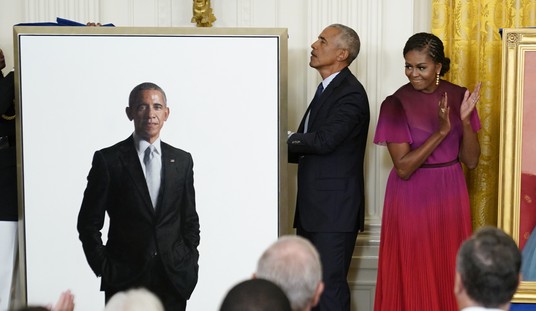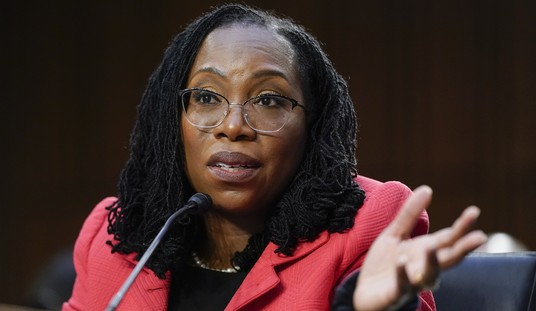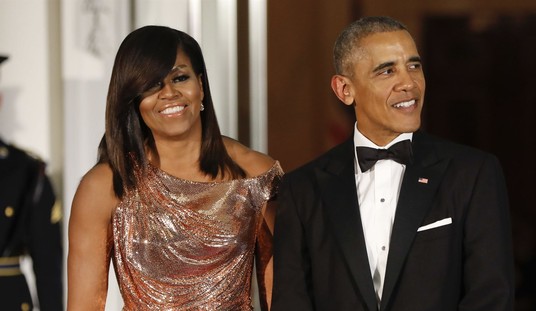Just hours before his first major foreign policy address, which was delivered at the AIPAC conference, Donald Trump revealed to the Washington Post his team of foreign policy advisors.
Trump had been coy about who was advising him on foreign policy, even telling Joe Scarborough that he was his own foreign policy braintrust:
Asked on MSNBC’s “Morning Joe” who he talks with consistently about foreign policy, Trump responded, “I’m speaking with myself, number one, because I have a very good brain and I’ve said a lot of things.”
“I know what I’m doing and I listen to a lot of people, I talk to a lot of people and at the appropriate time I’ll tell you who the people are,” Trump said. “But my primary consultant is myself and I have a good instinct for this stuff.”
Trump also told the Post some of his foreign policy goals.
Trump told the Post that he wants to reduce American commitments to the North Atlantic Treaty Organization, a pillar of relations with Europe, and challenged the benefit of American military investment in Asia, one of the world’s fastest-growing economic regions.
Trump detailed the position and his foreign policy team just hours before his first major foreign policy test — a speech before the annual 18,000-strong American Israel Public Affairs Committee gathering in Washington.
Speaking alongside his Democratic and Republican rivals, Trump will have to display a grasp of substance on issues within Israel, such as the peace process and and Israel’s qualitative military edge, and in the region, including Iran’s nuclear program. In doing so, he could provide an initial sense of how this new group of advisers will shape Trump’s world view.
“If he does not make this foreign policy advisers group look good by what’s in that speech,” political strategist Angela Rye told CNN, “I think he’s got a problem.”
Comparing the unglamorous business of crafting a foreign policy to sausage-making, Rye added that for Trump, the test is that “it’s about knowing what to put in the sausage as well.”
The team of foreign policy advisers, led by Alabama Sen. Jeff Sessions, consists of counter-terrorism expert Walid Phares, energy consultant George Papadopoulos, former Defense Department inspector general Joe Schmitz, managing partner of Global Energy Capital Carter Page and former Lt. Gen. Keith Kellogg. Trump spokeswoman Hope Hicks confirmed the names to CNN.
“And I have quite a few more,” Trump told the Post’s editorial board, without offering details. “But that’s a group of some of the people that we are dealing with. We have many other people in different aspects of what we do. But that’s pretty representative group.”
Later at a Washington news conference on Monday, Trump said, “I have a team, we actually have a very good team,” calling it, “a top-of-the-line team.”
None of the men on Trump’s list are leading figures in the Republican foreign policy establishment. Many of the latter group came out publicly against a Trump presidency in a March letter that declared he would make “America less safe” and that he was “utterly unfitted to the office” of president.
Most presidents seek to surround themselves with people of different views on foreign policy issues, and Trump appears to have scored well in choosing his team. But only a Trumpbot and perhaps Trump himself would call this team “top of the line.” They’re all smart and informed people but they lack experience in the trenches, where the battle rages between career State Department desk jockeys and political appointees to make policy.
Matt Lewis believes that Trump’s options on foreign policy advisors will expand the closer he gets to winning the nomination.
One challenge Trump faces is that at this stage of the campaign, he doesn’t have a large pool to draw from, Matt Lewis, a CNN political commentator and senior contributor for The Daily Caller, told CNN. “It’s tough for Donald Trump,” Lewis said.
Describing Trump’s advisers as “smart, serious people,” Lewis added that, “You’re either going to choose people who weren’t at the upper, upper echelon, or people who are associated with the George W. Bush era,” who Lewis said are known for “nation-building and adventurism.”
Another option for Trump, Lewis suggested, would be to go with Democrats.
Trump’s ignorance of history and current events is a frightening combination. And those ideas he offered on where he thinks America should be in the world amount to nothing less than an American retreat. I sincerely hope Mr. Trump reveals some details of his foreign policy in the coming weeks that put some flesh on those bare-bones ideas.
Otherwise, he will simply leave everyone guessing what kind of foreign policy he will conduct as president.
A version of this piece also appeared at The American Thinker










Join the conversation as a VIP Member